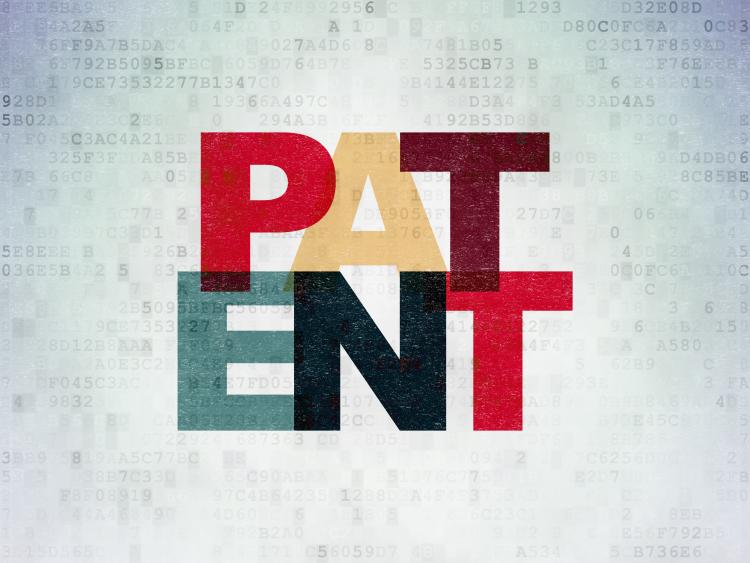
On November 1, 2022, the Federal Court of Appeal of Canada (FCA) issued its decision in Janssen Inc. v Apotex Inc., 2022 FCA 184, dismissing the appeals relating to the decision of the Federal Court finding Canadian Patent No. 2,661,422 (the 422 Patent) invalid for obviousness.
The 422 Patent claims the co-administration of abiraterone acetate (AA) and prednisone for the treatment of prostate cancer in humans. Last year, the Federal Court held that the 422 Patent was invalid for obviousness, finding that the differences between the inventive concept and the state of the art were not so material that an unimaginative skilled person would not continue down the road to the invention (2021 FC 7). Janssen Inc., Janssen Oncology, Inc. and BTG International Ltd. (collectively, the Appellants), appealed the decision.
On the present appeal, the Appellants alleged that the Federal Court erred in finding that (i) a statement in the 422 Patent that AA had been shown to be useful in treating prostate cancer was a binding admission; and (ii) the results of a study of AA as a treatment for prostate cancer (the 001 Study) were reported in the prior art O’Donnell 2004 paper.
The FCA noted that the Federal Court relied on prior art evidence of AA as a treatment for prostate cancer, and that the Federal Court did not make a palpable and overriding error in reaching this factual conclusion.
On the second point, the FCA agreed that the Federal Court made a palpable error in stating that the results of the 001 Study were reported in O’Donnell 2004. However, the FCA held that this error was not overriding, but merely a “slip of the pen”, and that the statement should have read that “the results of O’Donnell 2004 were reported in the 001 Study”.
Similarly, the FCA also found another clerical error in the decision of the Federal Court, where the word “excluding” was intended to be “including”. Ultimately, the FCA concluded that the Federal Court did not commit palpable and overriding errors in its obviousness assessment, and dismissed the appeal.
Interestingly, at the outset of the decision, the FCA noted that a similar dispute between the Appellants and Apotex concerning the obviousness of the 422 Patent was heard and decided in 2019, under the old Patented Medicines (Notice of Compliance) Regulations. In that decision and related appeal, the 422 Patent was upheld as valid (2019 FC 1355). The FCA noted that there was no dispute that the prior findings were not binding on the parties or the Courts, as the prior 2019 proceeding involved a different evidentiary record, and the witnesses’ testimony in that case was adduced by transcript rather than live in court.
Summary By: Michelle Noonan
E-TIPS® ISSUE
Disclaimer: This Newsletter is intended to provide readers with general information on legal developments in the areas of e-commerce, information technology and intellectual property. It is not intended to be a complete statement of the law, nor is it intended to provide legal advice. No person should act or rely upon the information contained in this newsletter without seeking legal advice.
E-TIPS is a registered trade-mark of Deeth Williams Wall LLP.
